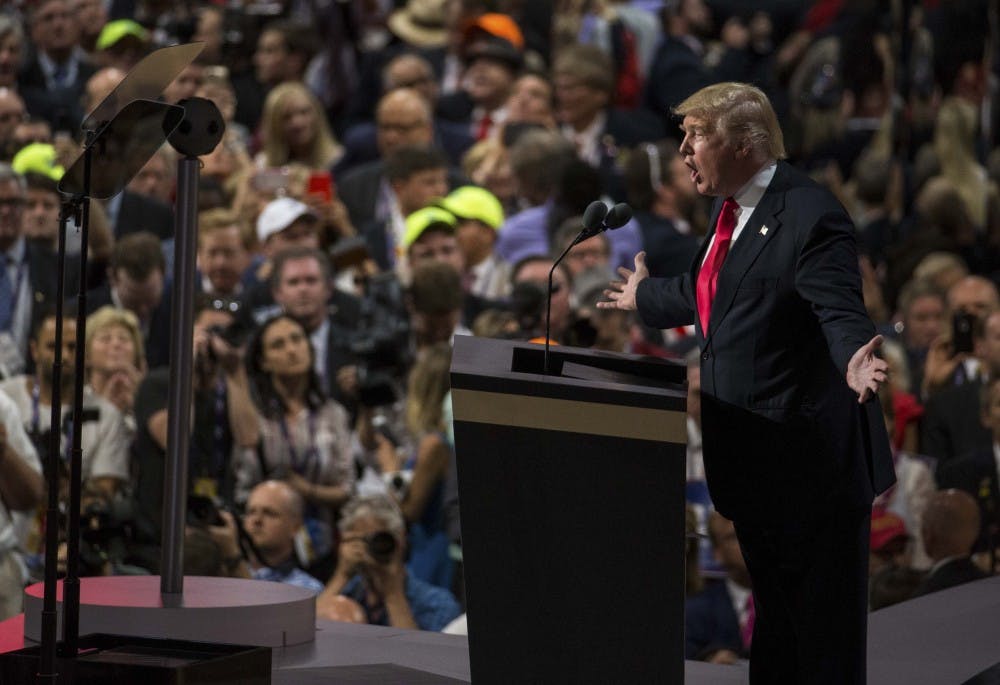Facebook CEO Mark Zuckerberg recently denied claims that the spread of fake news on Facebook could have had an effect on the presidential election and said fake news makes up a small amount of news content on the website.
IU faculty and students in media-related fields said they think regulation of fake news by social media outlets and increased media literacy education among social media users are important in combating the effects of fake news.
Giovanni Luca Ciampaglia, an assistant research scientist at the IU Network Science Institute who studies misinformation and the diffusion of viral memes on social media, said Facebook’s claims have been met with skepticism by many and the point is not how much fake news is on the website but how much exposure it gets.
“Facebook relies on the community to flag fake news, but to be flagged it must first be presented to people,” Ciampaglia said.
Ciampaglia said fake news stories that are intended to mislead people tend to get hundreds of thousands of shares while accurate information sources lag behind. The ability of fake news outlets to create websites that look professional is what he said makes spread of misinformation easy.
“Most of what we’ve seen in the industry of fake news is based on the idea that people really want to get information from a diverse set of sources, but they can get deceived in the process,” Ciampaglia said.
Ciampaglia said the jury is still out on whether or not social media has contributed to an increasingly polarized political landscape. It could simply be a reflection of a polarized society or a result of personalization technologies on social media.
“Social media tends to personalize what we are interested in,” Ciampaglia said. “This creates what are called echo chambers, where people are exposed to information that tends to confirm what they already believe and isolates them from ideologically diverse opinions and news.”
Edo Steinberg, a fifth-year Ph.D. candidate in the Media School who studies political satire on American and Israeli television, said the responsibility for stopping the spread of fake news on Facebook lies with both Facebook and its users.
Steinberg said Facebook marks satirical news as satire, so deliberately fake news should be marked in a similar way.
“There needs to be more media literacy education,” Steinberg said. “Teach kids at an early age what sources are credible and what sources aren’t so they won’t believe everything they see on the internet.”
Steinberg said the media can try combating the spread of fake news sources by talking more about how to distinguish reliable sources from unreliable sources and by using social media to explain to people what to look for in a reliable source.
“If something seen on a fake news source doesn’t eventually show up in mainstream media that probably means that it’s not verified,” Steinberg said.
Steinberg said part of the problem is some people don’t believe the mainstream media and claim the mainstream media will not report on issues it does not want people to hear about.
“The mainstream media is reliable, and it is ironic that people who don’t think so are turning to even less reliable sources,” Steinberg said.




